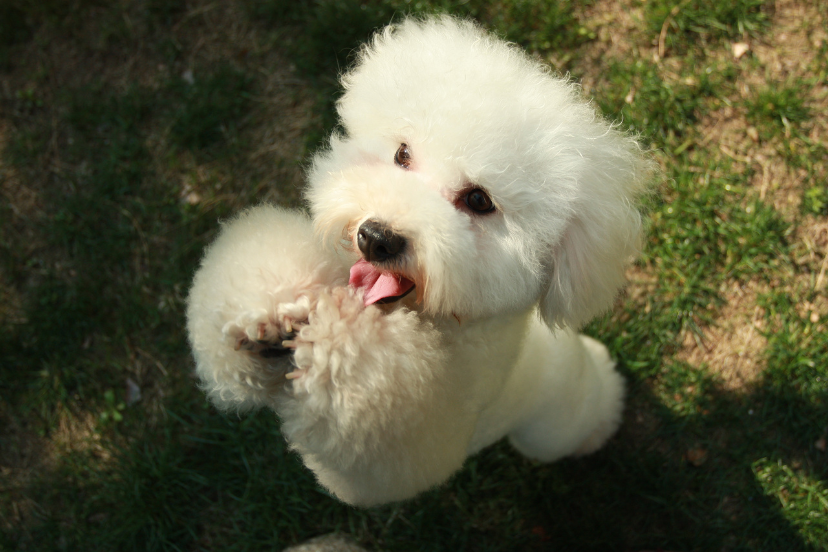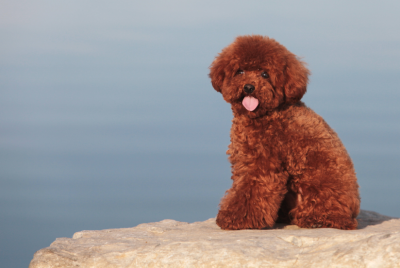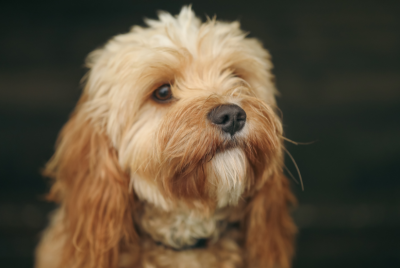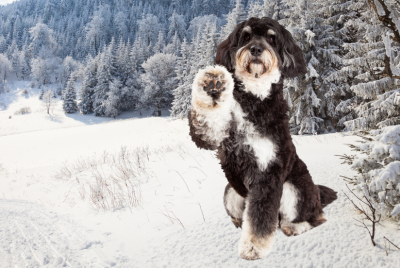Bichon Poodle: The Perfect Blend of Cuteness and Intelligence
If you’re in the market for a furry companion that’s not only adorable but also intelligent, look no further than the charming Bichon Poodle. Combining the best qualities of the Bichon Frise and Poodle breeds, this delightful crossbreed is capturing hearts everywhere. In this comprehensive guide, we’ll delve into what makes the Bichon Poodle so special, from their appearance and personality to their care and training.
What Is a Bichon Poodle?
The Bichon Poodle, often referred to as a “Bichpoo” or “Poochon,” is a cross between a Bichon Frise and a Poodle. This hybrid dog inherits the endearing traits of both parent breeds, resulting in a small to medium-sized companion that’s as cute as a button.
Appearance and Size
The Bichon Poodle typically sports a fluffy coat, often curly or wavy, which comes in various colors like white, cream, apricot, or gray. They have expressive eyes and a button nose that add to their charming appearance. In terms of size, Bichon Poodles generally stand between 9 to 15 inches (23 to 38 cm) and weigh around 6 to 18 pounds (2.7 to 8.2 kg).
Personality and Temperament
Known for their friendly and affectionate nature, Bichon Poodles are social butterflies. They thrive on companionship and are great with families, children, and even other pets. Their playful and lively demeanor makes them excellent playmates, and their intelligence ensures they’re quick learners, always up for a game or a new trick.
Caring for Your Bichon Poodle
Owning a this kind of poodle mix comes with the responsibility of providing the best care for your furry friend. Let’s explore the essential aspects of their care, including grooming, exercise, and health.
Grooming Needs
One of the standout features of the Bichon Poodle is its beautiful coat, which requires regular grooming to keep it in top condition. Their fur tends to be low-shedding, making them a great choice for individuals with allergies. Regular brushing, bathing, and occasional trimming are essential to prevent tangles and maintain a healthy, attractive coat.
Exercise Requirements
Despite their small size, Bichon Poodles are energetic and playful. They enjoy daily walks, playtime, and interactive toys that keep them mentally stimulated. Regular exercise is vital to prevent boredom and maintain a healthy weight.
Health Considerations
Like all breeds, Bichon Poodles are prone to certain health issues, including dental problems, allergies, hip dysplasia, and patellar luxation. Regular veterinary check-ups, a balanced diet, and a healthy lifestyle can help mitigate these concerns and ensure a long, happy life for your beloved poodle mix.
Training Your Bichon Poodle
Training your Bichon Poodle is an enjoyable and rewarding experience. Their intelligence and eagerness to please make them relatively easy to train. Let’s explore some key training tips and techniques.
Positive Reinforcement
Bichon Poodles respond well to positive reinforcement, such as treats, praise, and playtime. Use these rewards to reinforce desired behaviors like sit, stay, and potty training. Keep training sessions short, engaging, and consistent for the best results.
Socialization
Early socialization is crucial to ensure your Bichon Poodle grows up to be a well-rounded and well-behaved dog. Expose them to various people, places, and experiences from a young age to help them become confident and friendly adults.
Frequently Asked Questions
Here are some common questions about Bichon Poodles:
-
What makes Bichon Poodles good family pets?
A: Bichon Poodles are affectionate, sociable, and great with families, making them ideal family pets.
-
Are Bichon Poodles hypoallergenic?
A: Yes, they are considered hypoallergenic due to their low-shedding coat.
-
How often should I groom my Bichon Poodle?
A: Regular grooming is essential, ideally every 4 to 6 weeks, to maintain their coat and overall health.
-
Do Bichon Poodles get along with other pets?
A: Yes, Bichon Poodles are generally friendly and can get along well with other pets when properly socialized.
-
Are Bichon Poodles easy to train?
A: Yes, they are intelligent and eager to please, making training sessions enjoyable and productive.
-
What’s the average lifespan of a Bichon Poodle?
A: Bichon Poodles typically live between 12 to 15 years with proper care and a healthy lifestyle.
In Conclusion
The Bichon Poodle is a delightful blend of cuteness and intelligence, making them a popular choice for those seeking a loving and playful companion. From their adorable appearance to their amiable temperament, these charming dogs bring joy to any household. With proper care, grooming, and training, your Bichon Poodle will thrive and become a cherished member of your family for years to come.




